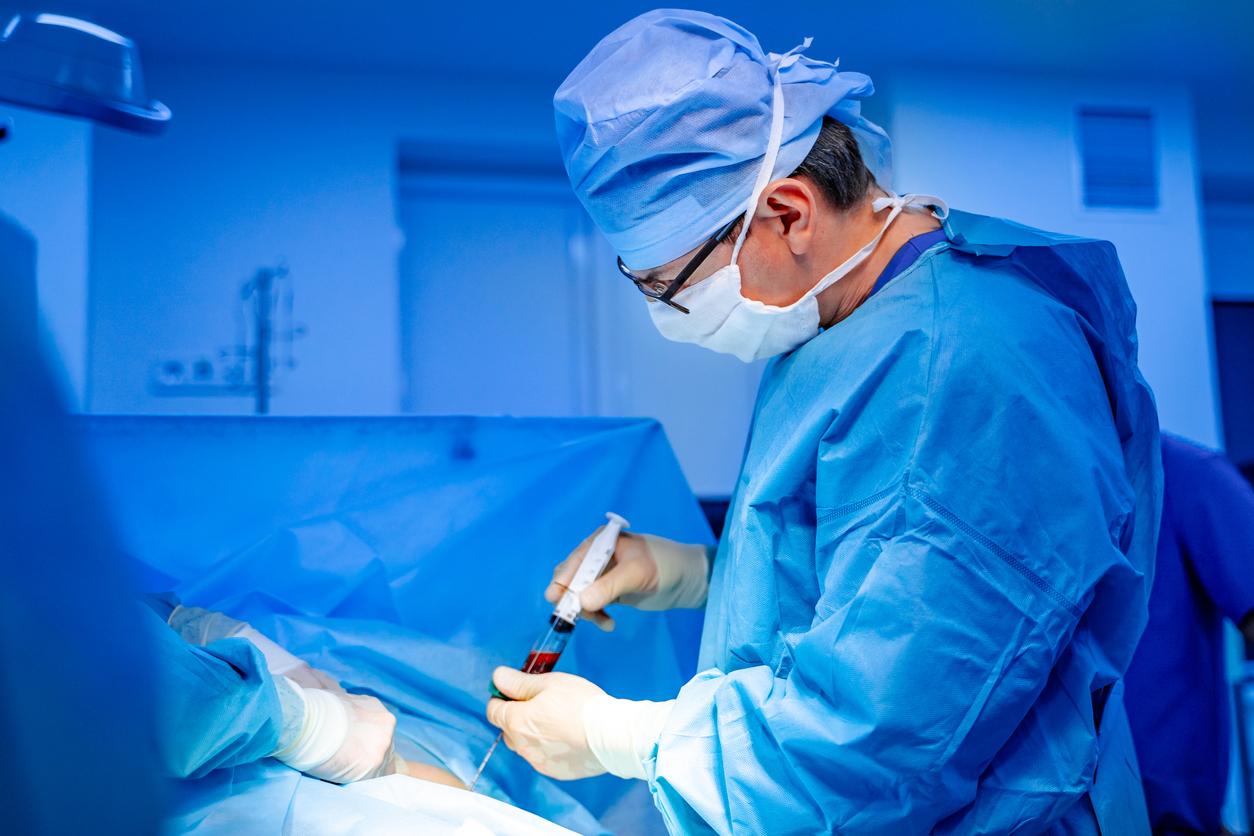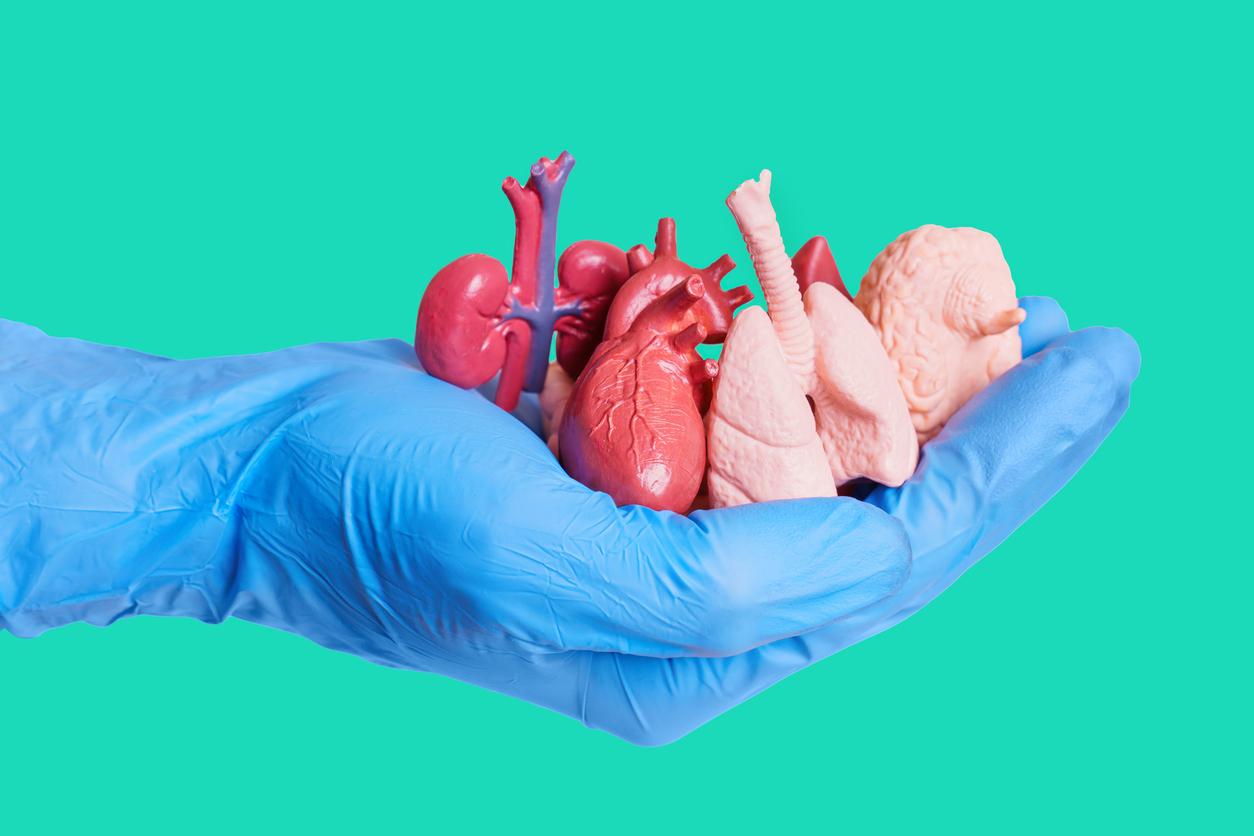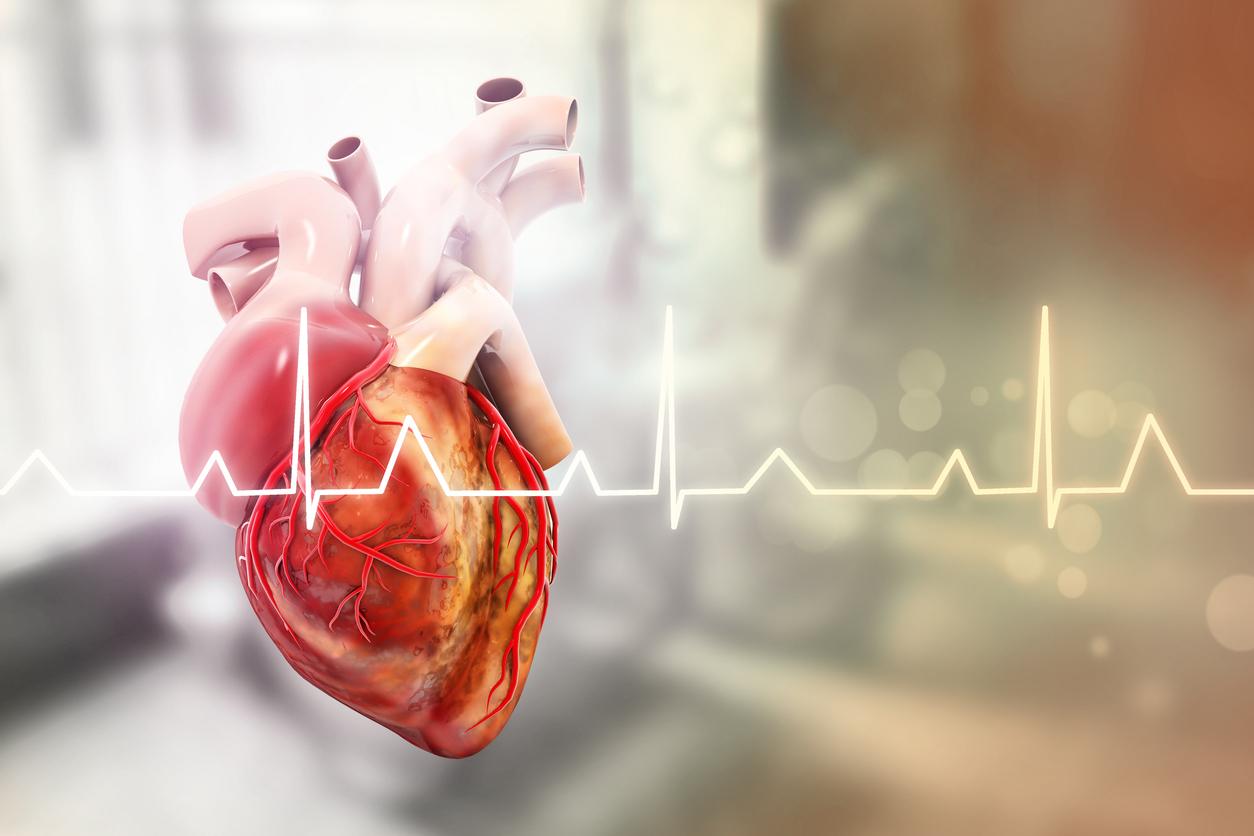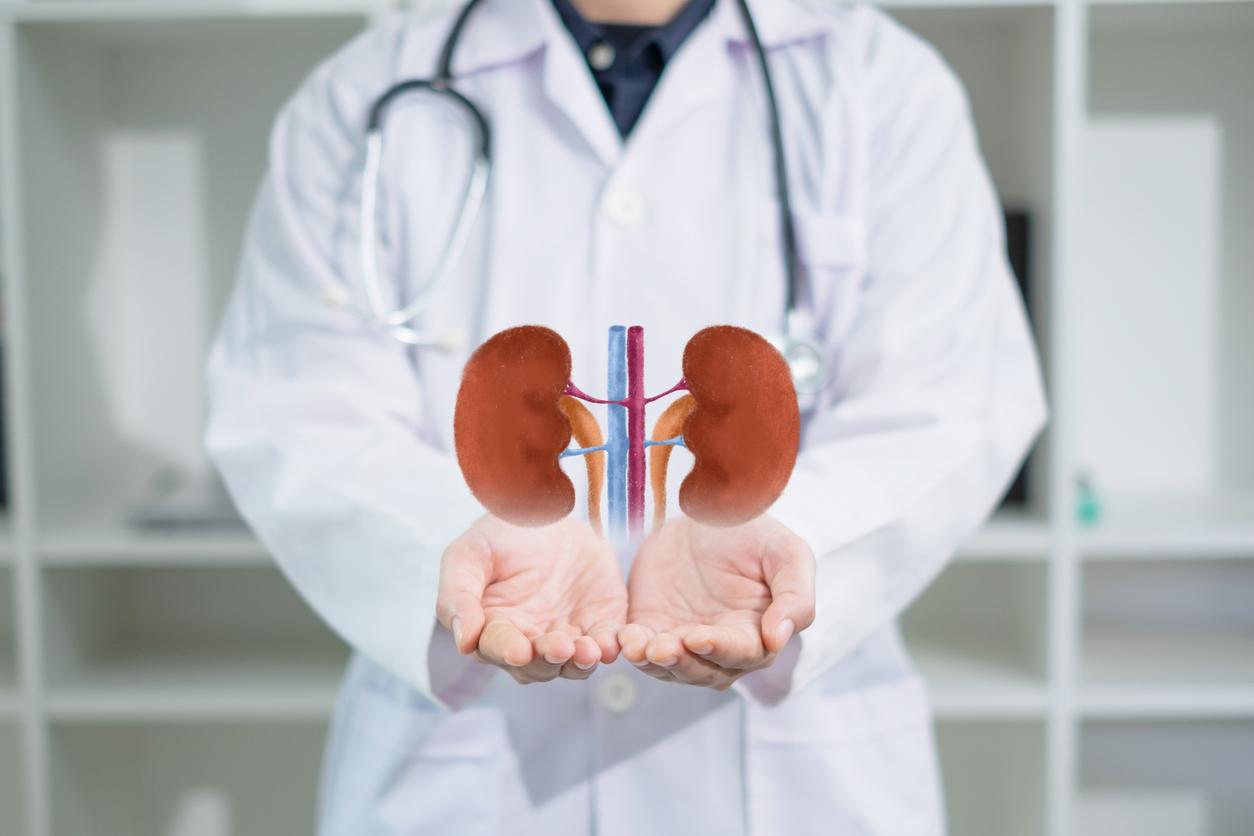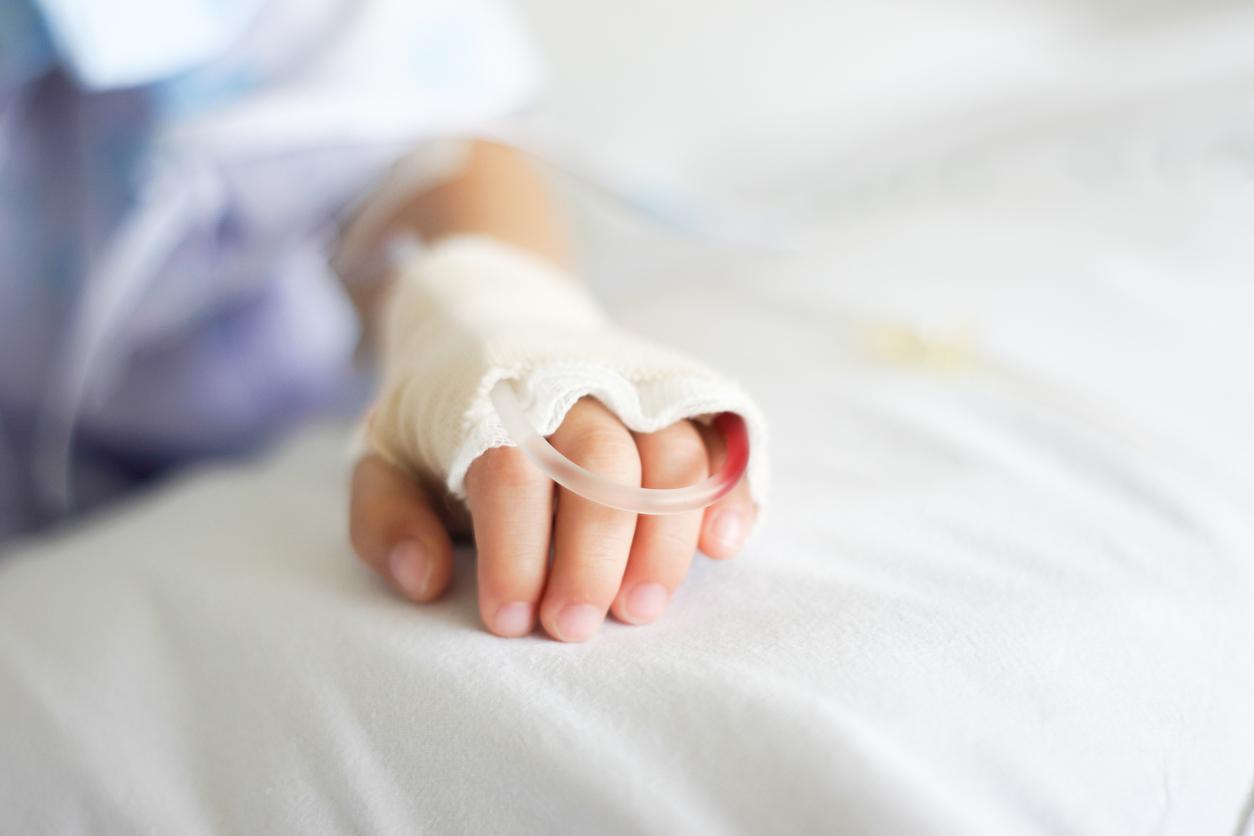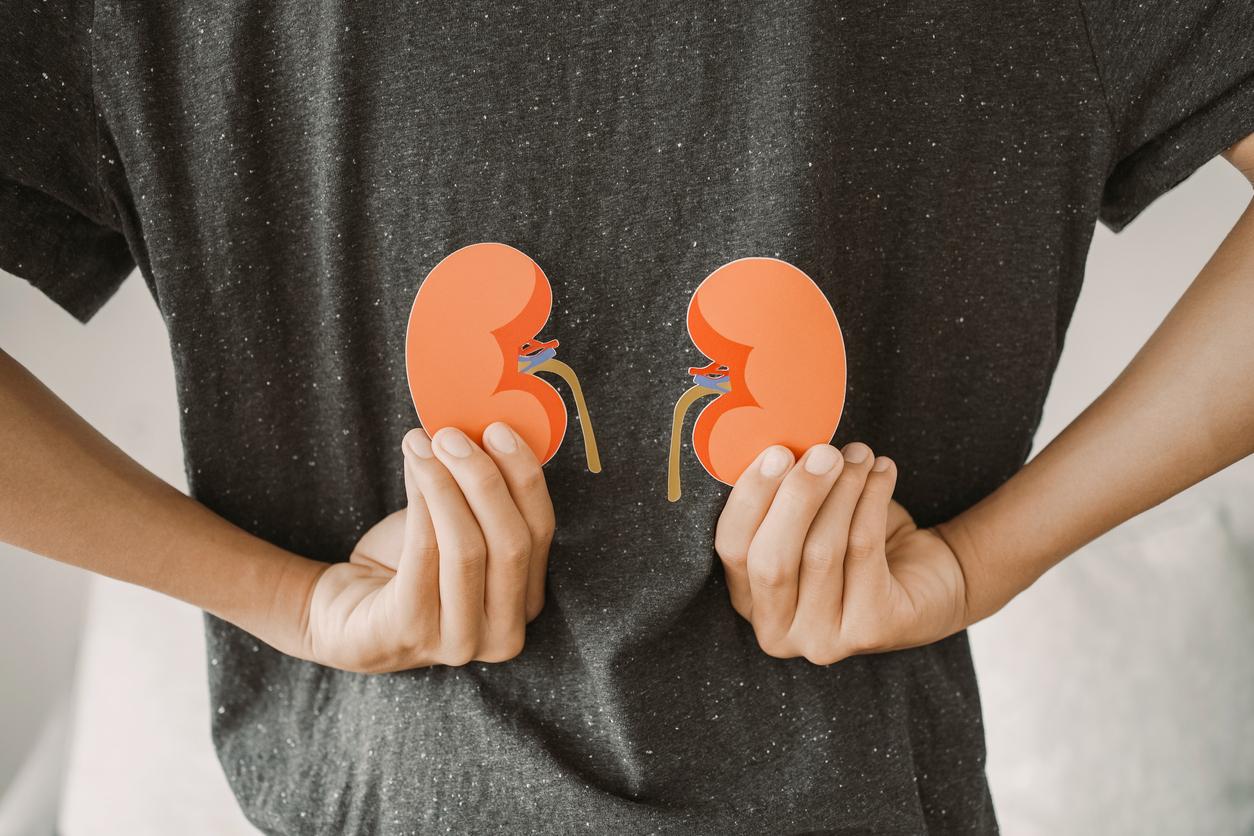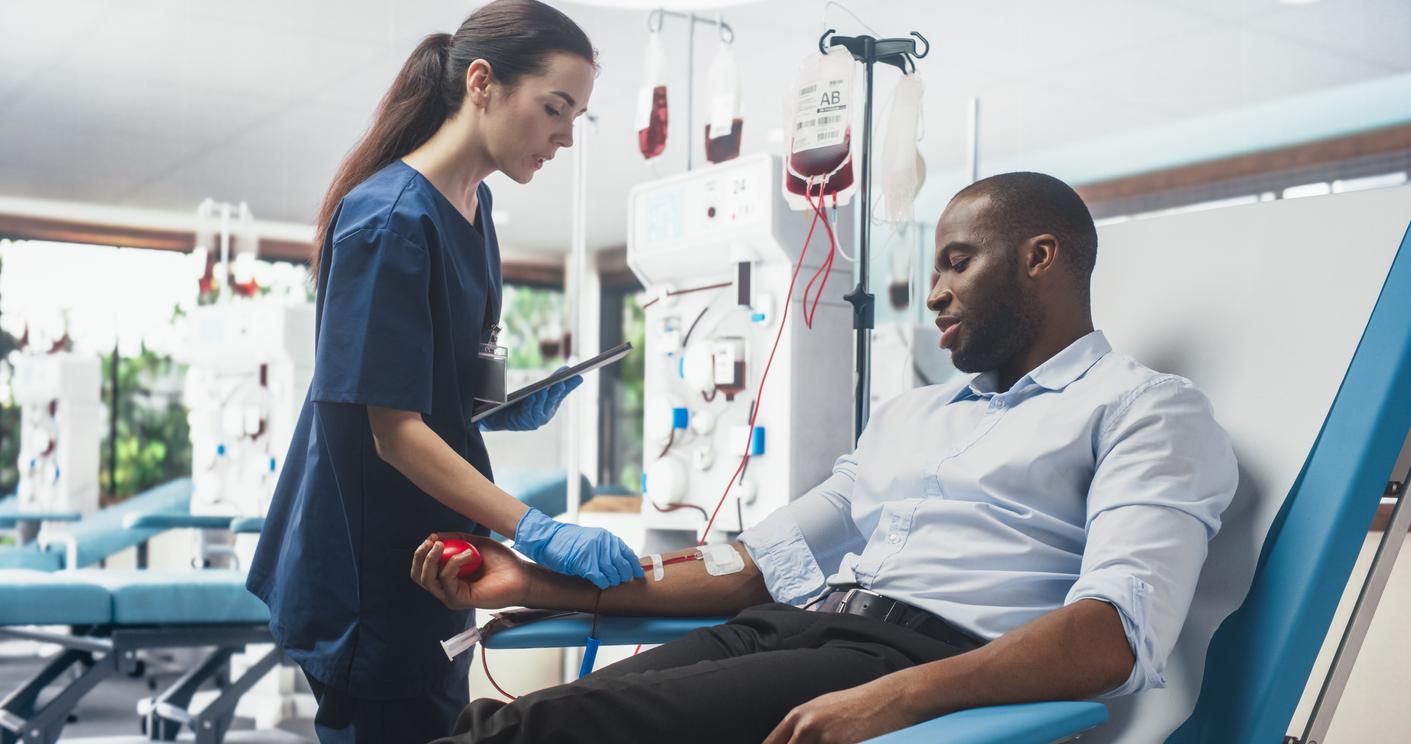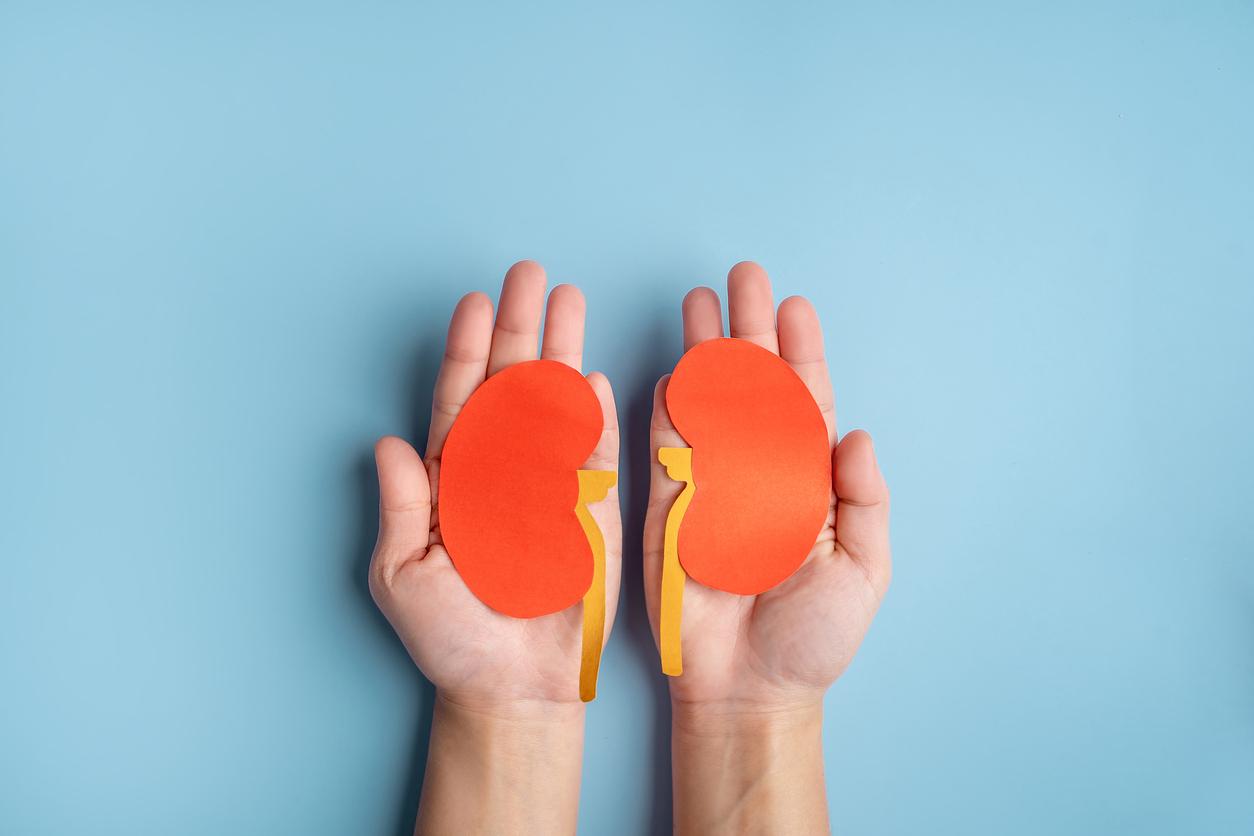In 2013, the Biomedicine Agency hoped to recruit 18,000 new people for bone marrow donation. In the end, 20,365 new donors joined the French register.
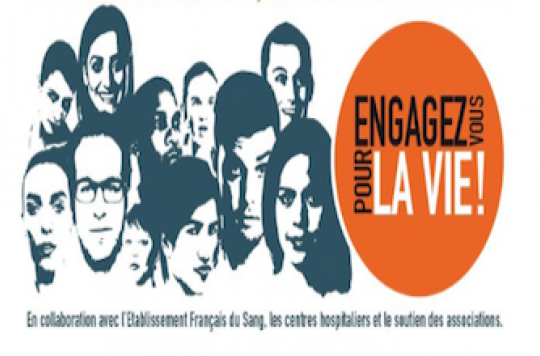
Last year, the Biomedicine Agency hoped to recruit 18,000 new donors for bone marrow donation. She also wanted to diversify the profiles, because the France Greffe register lacks men and certain ethnic origins. And the bet has been partly won. The Agency indeed revealed on January 27, 2014 that last year 20,365 new people had joined the ranks of “life watchers”, the nickname of people who made a donation. As a result, the France Marrow Registry, which lists all volunteers for bone marrow donation, has now exceeded 220,000 registered. But then, what is this donation really used for?
What is bone marrow donation used for
To cure the sick! The bone marrow is indeed essential to life. It ensures the production of hematopoietic stem cells, that is to say cells which are at the origin of blood cells. Red blood cells which carry oxygen, white blood cells which fight infections, and platelets which stop bleeding. The bone marrow therefore has a vital role in the functioning of the human body.
In addition, the bone marrow also manufactures the cells of immunity, the lymphocytes, responsible for recognizing and destroying any foreign element introduced into the body. It is thus present throughout the skeleton, and more particularly in flat bones, such as the bones of the pelvis.
In some diseases, a bone marrow transplant is used to treat patients.
Who is donated bone marrow
Different pathologies may in fact require at a given time the use of a bone marrow donation for an allogeneic transplant (or allogeneic transplant: donor and recipient are 2 distinct individuals).
Leukemia for example. It is for this type of blood cancer (hematologic malignancies) that the most bone marrow transplants are performed. There are actually two types of leukemia. On the one hand, acute leukemia which affects around 5,000 people per year in France (especially children and the elderly). It is characterized by an abnormally high number of white blood cells in the blood.
On the other hand, chronic myelogenous leukemia (CML): 2.6% of the indications forallografts. It represents 15-20% of all leukemia cases. Its annual incidence has been estimated at 1 to 1.5 cases per 100,000 people. There have recently been targeted drug treatments (imatinib, dasatinib) giving good results. In the event of no response, bone marrow transplantation may then be indicated.
In addition, another pathology may require a bone marrow transplant. This is called ß-thalassemia, an inherited anemia associated with a deficiency in hemoglobin synthesis. Its incidence would be 100,000 births per year for the severe forms found in Asia and around the Mediterranean. France has 350 to 400 patients. The indications for transplantation are also rarer. Nonetheless, the number of pathologies for which HSC transplantation is a therapeutic option is increasing.
There are still some rare diseases in which transplantation is often an option. Among them, bone marrow aplasia, Fanconi anemia, or sickle cell anemia
Finally, other indications are being evaluated in clinical trials: high-grade malignant lymphoma, myeloma, chronic lymphoid leukemia, Hodgkin’s lymphoma.
Who can give
Anyone can become a donation volunteer and decide to give a sick person an extra chance to be cured. However, the following conditions must be observed. to be in perfect health; be over 18 and under 51 when registering (even if you can then give up to 60); agree to answer a health questionnaire and take a blood test. Finally, some medical contraindications may make donation and therefore registration impossible.
“Bone marrow donation is important, because it allows 2000 patients who need it each year in France, to have additional hope of being cured of a fatal hematological disease, such as leukemia or lymphoma”, explained in March 2013 in why actor Emmanuelle Prada-Bordenave, Director General of the Biomedicine Agency.
For this Agency, the main objective is to achieve in 2015 that the France Marrow Transplant Registry has more than 240,000 donors.
Source: Biomedicine Agency
.







